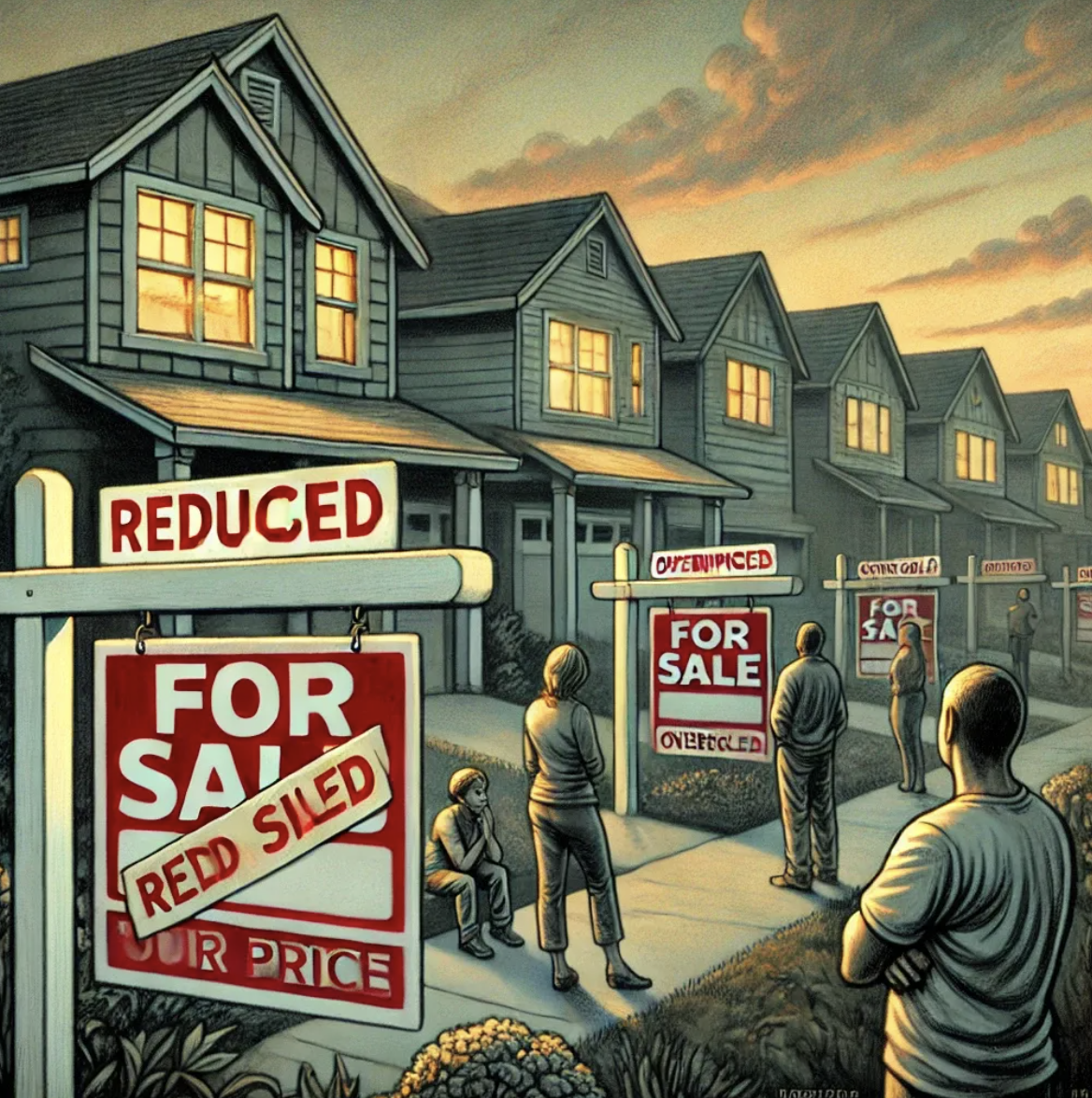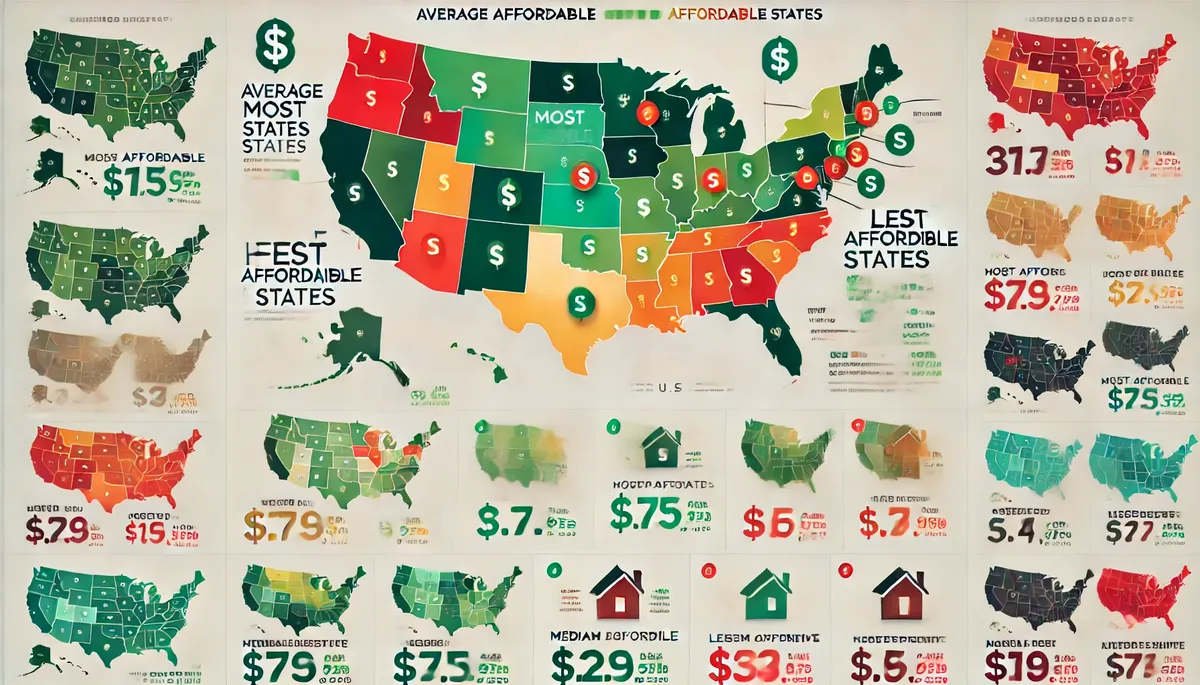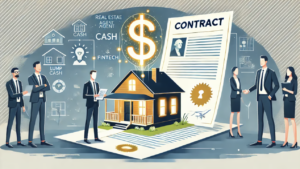|
|
|
|
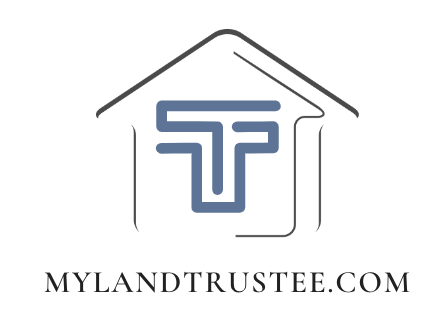
Trust This.
By Joseph E. Seagle, Esq. ● Jan 31, 2025
Smart Brevity® count: 5.5 mins...1444 words
👋 Happy Friday! Since it is the last Friday of the first month of the new year, it must be National Fun at Work Day. So feel free to have fun regardless of where you are.
📣 Come hear me speak on mastering the use of land trusts in subject-to transactions on February 1 from 9:00 to 11:00 a.m. at 3801 Avalon Park E Blvd, Ste 200 in Orlando.
|
|
1 big thing: Stale Housing Inventory: A Growing Concern for Real Estate Investors

🏠 The Big Picture: More than half of U.S. homes listed for sale in November 2024 sat on the market for over 60 days, with Miami (64%) and Austin (62%) leading the trend. This accumulation of unsold inventory signals significant shifts in market dynamics, driven by overpricing and a surge in new-build properties.
💡 Why It Matters: This market stagnation challenges investors, particularly those relying on quick flips or rental conversions.
-
However, it also creates opportunities to negotiate lower prices on overvalued properties.
-
For buy-and-hold investors, the cooling market may herald a shift to more sustainable growth, as high interest rates and affordability concerns continue to temper demand.
📉 What’s Happening: A recent Redfin report highlights that while homes in good condition and priced competitively sell quickly, others linger, sometimes exceeding three months. In Portland, where nearly 59% of listings are “stale,” real estate professionals point to sellers’ unrealistic price expectations and limited buyer purchasing power as major contributors.
Yes, but: Competitively priced homes in good condition continue to sell quickly, often within three to five days. In contrast, overpriced properties can remain unsold for over three months, indicating that buyers are discerning and sensitive to pricing.
🔮 What’s Next: Experts predict that while inventory levels will rise in 2025, affordability challenges could persist due to elevated prices and financing costs.
-
This environment underscores the importance of strategic pricing and value-added investments.
-
Sellers must adapt, with some experts recommending a “more aggressive pricing approach” to attract wary buyers.
-
Incentives such as buying down the buyer’s mortgage interest rate at closing and paying a portion of the buyer’s closing costs are also popular ways to make homes more enticing.
🎯 The Bottom Line: As the market adjusts, sellers may need to adopt more aggressive pricing strategies to attract buyers.
-
Real estate investors should monitor market conditions closely, balancing caution with an eye for undervalued assets in slower markets.
-
As the once red-hot housing market recalibrates, opportunities will favor those prioritizing flexibility, incentives, and long-term strategy.
|
|
2. Florida insurance rates spike in 2024 Q3
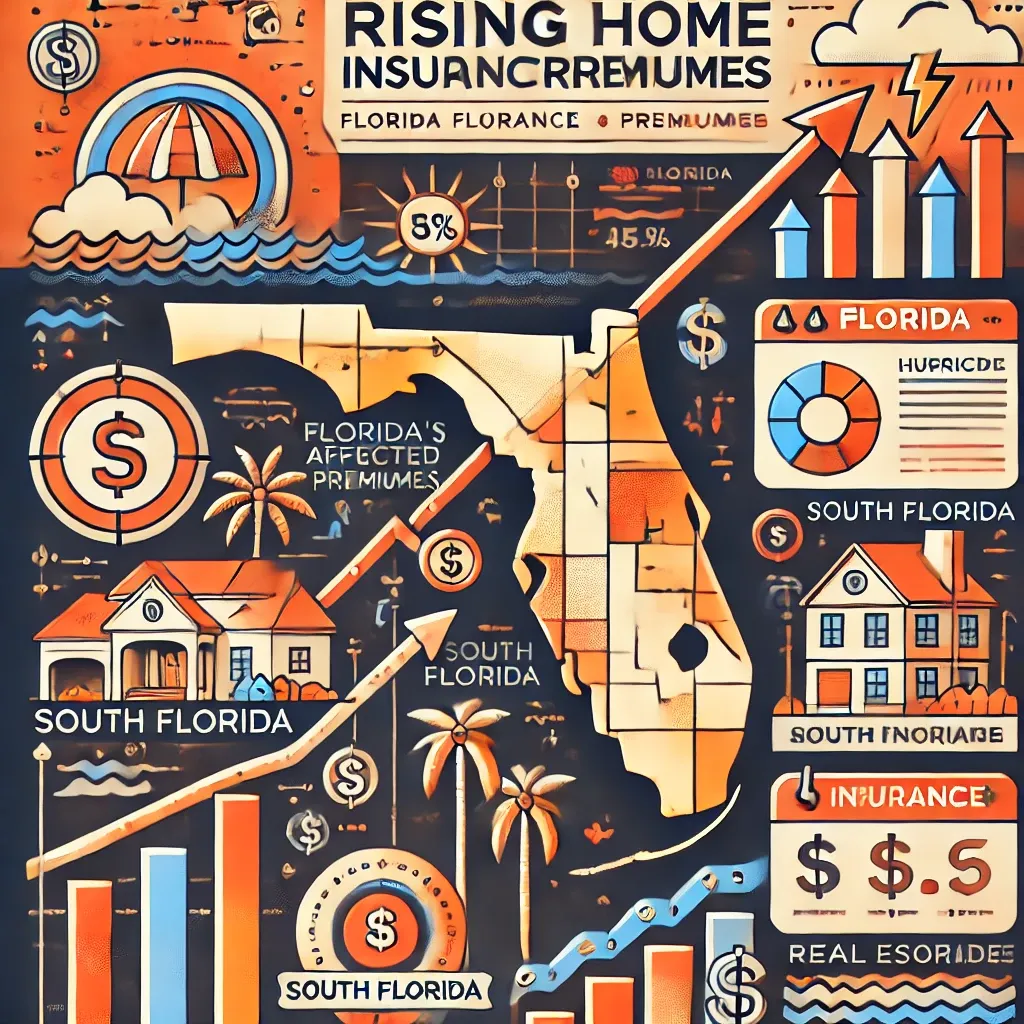
Florida homeowners experienced a 3.1% increase in home insurance premiums in the third quarter of 2024, following two quarters of smaller 1.3% hikes. This marks a concerning upward trend in a state where premiums have soared by 31% since mid-2022.
Why it matters: Rising premiums are squeezing property owners, complicating real estate investment decisions in Florida.
-
The costs stem from inflation, heightened reinsurance expenses, and increased claims due to hurricanes Milton and Helene.
-
Experts warn that further hikes could destabilize the market
By the numbers:
-
Premium Increases: Homeowners in Florida have experienced premium hikes of up to 400% over the past five years, with the average annual cost now exceeding $10,000, compared to the national average of $2,400.
-
Insurer Withdrawals: Major insurers, such as Farmers Insurance and AAA, have reduced or ceased offering new policies in Florida, citing heightened risks and financial losses.
-
Premium levels: The statewide average premium for single-family homes rose to $3,668 in Q3 2024 from $3,558 in Q2, with higher increases concentrated in South Florida.
Causes:
-
Inflation in construction materials and labor accounted for two-thirds of the recent spike.
-
Reinsurance costs have risen, driven by the demand surge following hurricane recovery efforts.
-
Regional variations: On average, insured home values increased 2.3% to $712,757, indicating costlier rebuilds and more comprehensive coverage needs.
The recent back-to-back hurricanes Helene and Milton have exacerbated the situation, causing extensive damage and increasing claims. These events have strained the resources of both private insurers and the state-backed Citizens Property Insurance Corporation, which has proposed a 14% rate increase to mitigate potential deficits.
The convergence of frequent natural disasters, inflation, and legal challenges has created a precarious environment for Florida’s insurance market. Rising costs affect homeowners and have broader implications for the real estate sector, potentially deterring investment and development in high-risk areas.
What to watch:
Industry experts warn that if current trends continue, Florida may face a more severe insurance crisis. With limited coverage and unsustainable premium costs, potential buyers may be deterred by the high cost of insuring properties in the state, which could slow down the real estate market.
Yes, but: Analysts caution against over-interpreting quarterly fluctuations but note that further increases could arise if:
-
Building material and labor costs remain high.
-
Reinsurance deductibles from state funds increase, pushing more costs onto private insurers
The bottom line: Real estate entrepreneurs in Florida should closely monitor the evolving insurance landscape. Navigating Florida’s volatile insurance market will require proactive strategies, including:
-
Evaluating properties for storm resilience.
-
Exploring alternative insurance products.
-
Factoring premium trends into investment projections to protect returns amid rising costs.
Go deeper: Orlando Sentinel (Subscription required)
|
|
This week, I sat down with David Pupo and Justin Stamp to discuss the move from wholesaling and flipping houses into land acquisitions, entitlements, and wholesales. Listen in as they discuss what works and doesn’t in this corner of the real estate entrepreneurship realm.
Listen in or watch on your favorite streaming platform.
|
|
-
How much you need to earn in each state to buy a home. Realtor
-
Housing markets where demand is heating up. Bigger Pockets
-
Tampa tanks in Zillow’s latest hot housing market rankings. Axios Tampa Bay
-
Hillsborough woman admits to filing fake deeds to steal properties. WFLA
-
Florida residents can now sue their local government for failing to enforce the statewide homeless camping ban. Orlando Sentinel
-
What 2025 could hold for Florida’s housing market. Axios Tampa Bay
-
Trump’s federal funding freeze confusion throws a wrench into an already challenged housing market. The Business Journals
-
Pending U.S. home sales dip for the first time in five months. MPA Mag.
-
The U.S. ended 2024 with its GDP up 2.8%, unemployment at 4.1%, and the Fed held its lending rate steady in light of the numbers. PBS
|
|
4. Closing Thought: Confident Humility: a Game-Changer for Entrepreneurs

Edward is humbly confident that this chair is one of his favorites to rest his head.
Confident humility is the ability to balance self-assuredness with a willingness to recognize and address gaps in knowledge or capability. This mindset can transform leadership, decision-making, and team dynamics for entrepreneurs.
Why It Matters: In a rapidly changing business landscape, leaders who embrace confident humility are better equipped to adapt, innovate, and inspire trust.
-
Fosters trust: Leaders who admit mistakes and show vulnerability build stronger team connections. Employees are more likely to respect and follow someone who demonstrates authenticity.
-
Encourages learning: Confidence in strengths paired with humility to acknowledge blind spots creates room for growth—this openness to feedback fuels personal and professional development.
-
Improves decision-making: Entrepreneurs who seek diverse perspectives make more informed decisions, avoiding the pitfalls of overconfidence.
By the numbers: A 2022 study published in Leadership Quarterly found that leaders with high levels of humility and confidence foster more engaged and innovative teams, increasing organizational performance by 25%.
Confident humility is not about self-doubt; it’s about self-awareness. Entrepreneurs who practice this balance cultivate cultures of respect, collaboration, and resilience.
Pro Tips for Embracing Confident Humility
-
Own your limits: Acknowledge when you don’t have all the answers and seek input from experts or team members.
-
Celebrate others: Shift focus from personal achievements to recognizing your team’s contributions.
-
Lead by listening: Prioritize active listening to foster better understanding and stronger relationships.
The bottom line: Confident humility isn’t a weakness—it’s a superpower. Entrepreneurs who lead with this value will be better prepared to navigate challenges and inspire lasting success.
|
|
We hope you found this helpful. We appreciate any feedback, which can be shared by hitting reply or using the feedback feature below.
-
Was this email forwarded to you? Subscribe here.
-
Have an idea or issue to share? Email us.
-
Connect with us using your preferred social media and website links for MyLandTrustee and Aspire Legal Solutions.
-
Our mailing address: PO Box 547945, Orlando, FL 32854-7945
-
Our physical address: 1901 West Colonial Drive, First Floor, Orlando, FL 32804
Be on the lookout for our next issue! 👋
Some of the links in this email may be affiliate links. If you click on these links and make a purchase, we may receive a commission at no additional cost to you. Rest assured, we only recommend products and services we trust and believe in. Your support is greatly appreciated!
|
|
|
|
Was this edition useful?
 

Your responses are anonymous
|
|
|
Powered by

|
|
|


